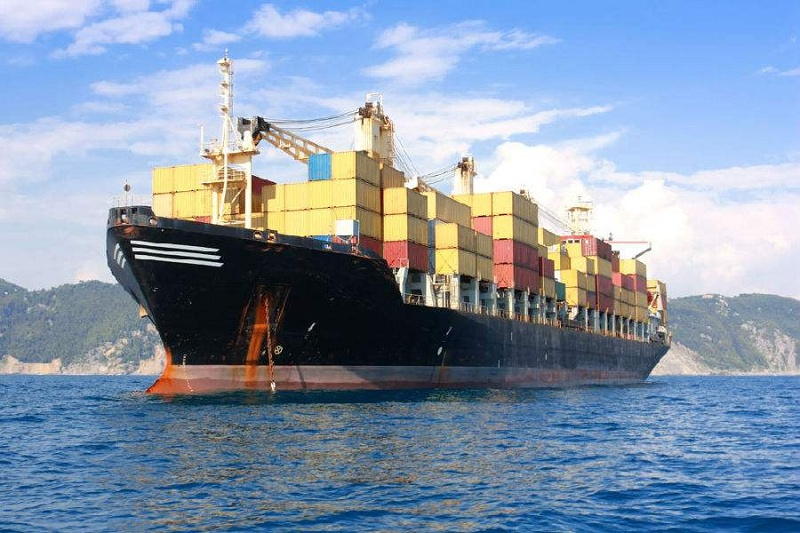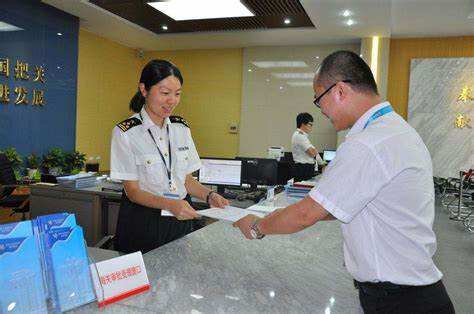ocean container shipping
Ocean container shipping represents a cornerstone of global trade, facilitating the movement of goods across international waters in standardized containers. This sophisticated logistics system employs massive cargo vessels capable of transporting thousands of containers simultaneously. These containers are carefully designed units, typically measuring 20 or 40 feet in length, which protect cargo from environmental factors and simplify handling processes. Modern container ships utilize advanced navigation systems, weather monitoring technology, and automated loading equipment to ensure efficient and safe transportation. The industry operates through a network of major ports equipped with specialized infrastructure, including gantry cranes, automated guided vehicles, and sophisticated tracking systems. This interconnected system allows for seamless cargo tracking, efficient customs clearance, and coordinated delivery schedules. The standardization of container sizes has revolutionized international trade by enabling intermodal transportation, where containers can be easily transferred between ships, trucks, and trains without unpacking the cargo. This standardization has significantly reduced handling costs, improved security, and increased the speed of global trade operations.


